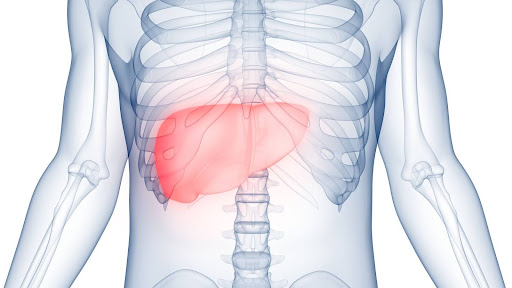

Cirrhosis is considered a late-stage liver disease. It occurs when a healthy liver slowly gets replaced with scar tissue and leads to chronic hepatitis, which is inflammation of the liver. When there is ongoing inflammation in your body, your liver tries to repair itself through scar tissue. However, excessive scarring can prevent it from functioning properly and eventually cause chronic liver failure. Birmingham Gastroenterology has put together a patient’s guide to everything you need to know about this disease.
Stages of Cirrhosis
There are two basic stages of cirrhosis, including:
- Compensated cirrhosis: Compensated cirrhosis is the earliest stage of the condition and rarely shows any symptoms.
- Decompensated cirrhosis: Decompensated cirrhosis is a more advanced stage and often leads to jaundice, ascites or fluid buildup in your stomach, and bleeding, enlarged blood vessels.
Symptoms
The symptoms vary greatly and depend on the stage of the disease. Early on, you might not notice any symptoms or believe your symptoms are the result of another condition. As the condition progresses, however, your symptoms will likely be more apparent. The most common symptoms include jaundice or a yellow tint to your eyes and skin, dark pee and light poop, digestive issues, tiny yellow bumps of fat deposits on your eyelids or skin, motor dysfunction, and unexplained weight loss.
Causes
Cirrhosis is caused by chronic liver inflammation. This may happen due to alcohol-induced hepatitis. It can also occur because of non-alcohol-related steatohepatitis, which refers to chronic damage that comes from too much fat storage in your liver. Infections such as hepatitis C and hepatitis B may lead to this disease as well.
Your risk of this disease may increase if you have a history of alcoholism or heavy alcohol use, are older than 50, and/or have been diagnosed with a metabolic syndrome or a viral infection like hepatitis.
Diagnosing Cirrhosis
To determine if you have cirrhosis, your doctor will initially examine you for signs and symptoms. They may also ask you questions related to your lifestyle and medical history. Depending on their findings, they may order diagnostic tests, such as blood tests, imaging tests and/or a liver biopsy. In most cases, a combination of these tests can either rule out or confirm this disease.
Treating Cirrhosis
Unfortunately, this disease is characterized by permanent liver scarring, which can’t be reversed. The good news is there are ways to slow or stop the progression of this disease. Your liver may still function, even if two-thirds of it has sustained damage. Treatments for this disease may include managing or treating its cause as well as diet and lifestyle changes.
Your doctor might suggest blood pressure medications, antibiotics and vaccinations, steroids, and a low-sodium diet. Oftentimes, a combination of these treatments can allow you to continue living a quality life. A liver transplant is usually the last resort and replaces your damaged kidney with a healthy one from a donor.
Preventing Cirrhosis
It may be possible to prevent cirrhosis from progressing if it’s caught early. Your doctor might recommend lifestyle changes that can keep the disease in its early stage, before it becomes more aggressive and leads to more serious symptoms. These may include avoiding alcohol intake, consuming a healthy diet, and reducing the risk of hepatitis. In general, leading a healthy lifestyle can improve your liver function and overall health. Note that routine health checkups can help you detect this disease and other conditions early on.
Have Further Questions About Cirrhosis? Contact Birmingham Gastroenterology
If you or someone you love have cirrhosis or are showing signs of the disease, Birmingham Gastroenterology is an invaluable resource. We encourage you to contact us today to schedule an appointment or request more information.





